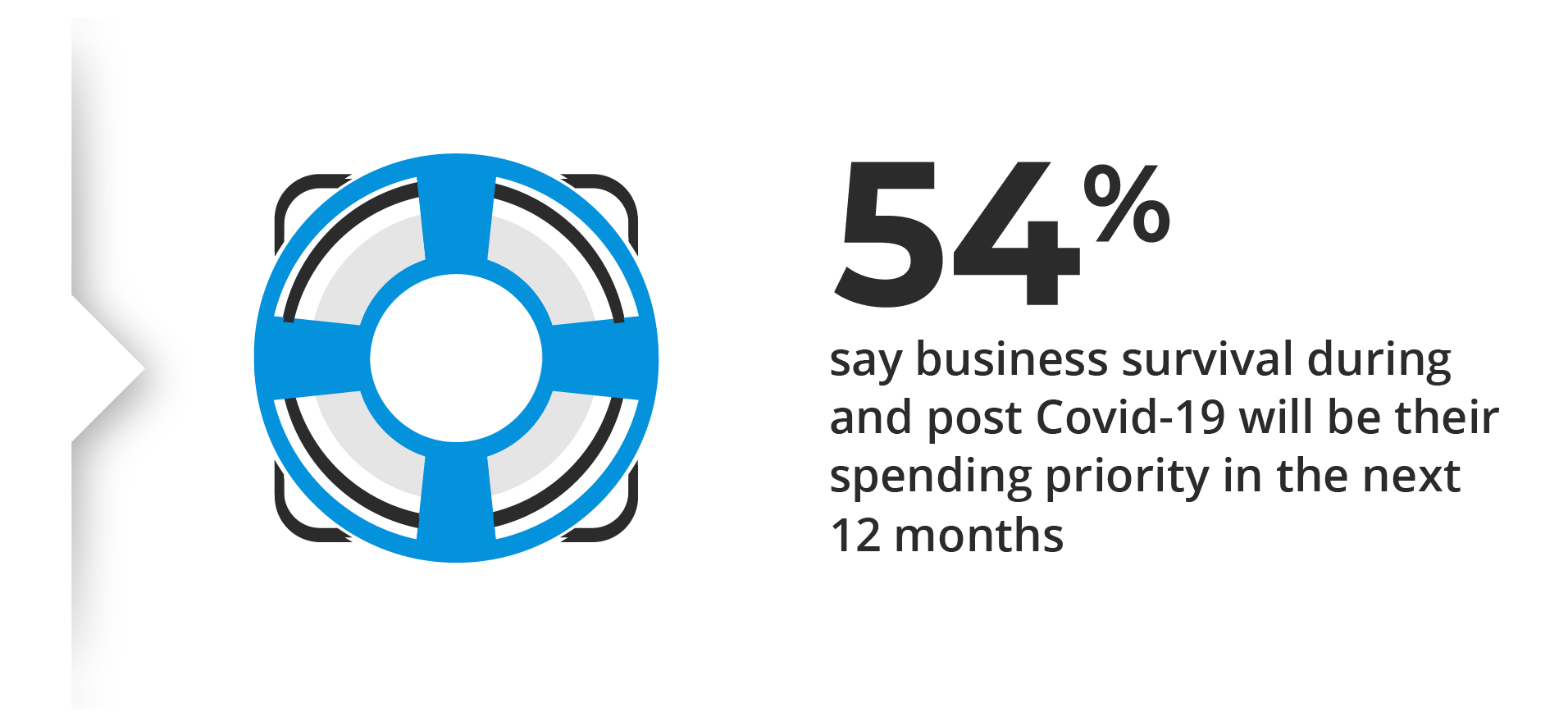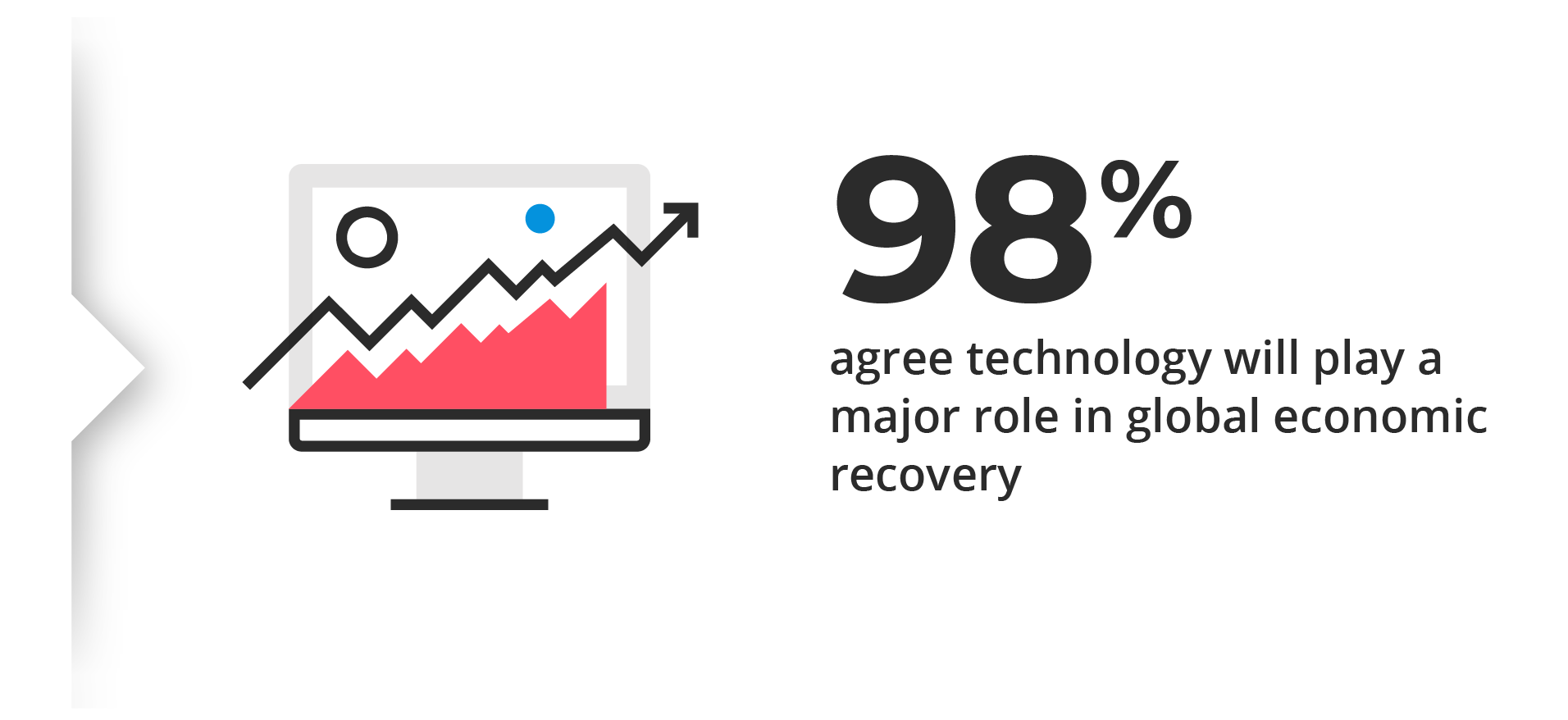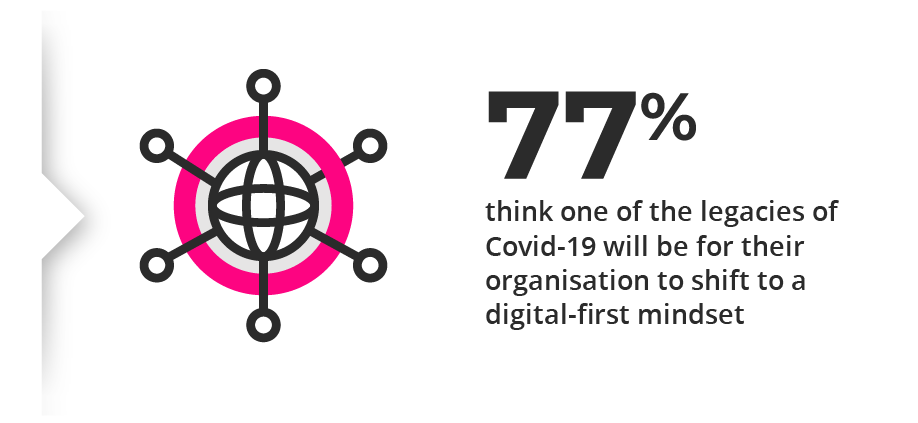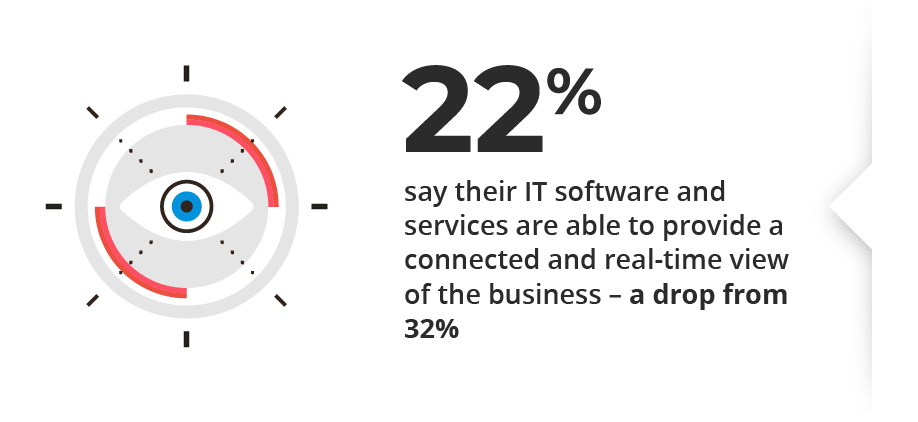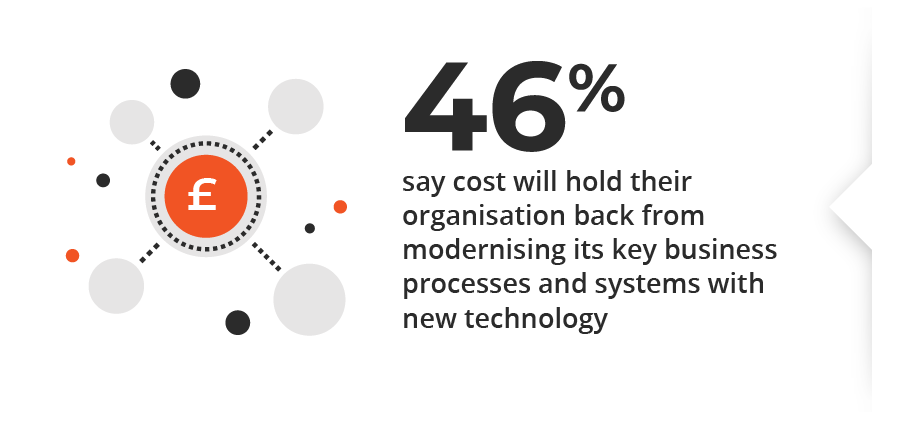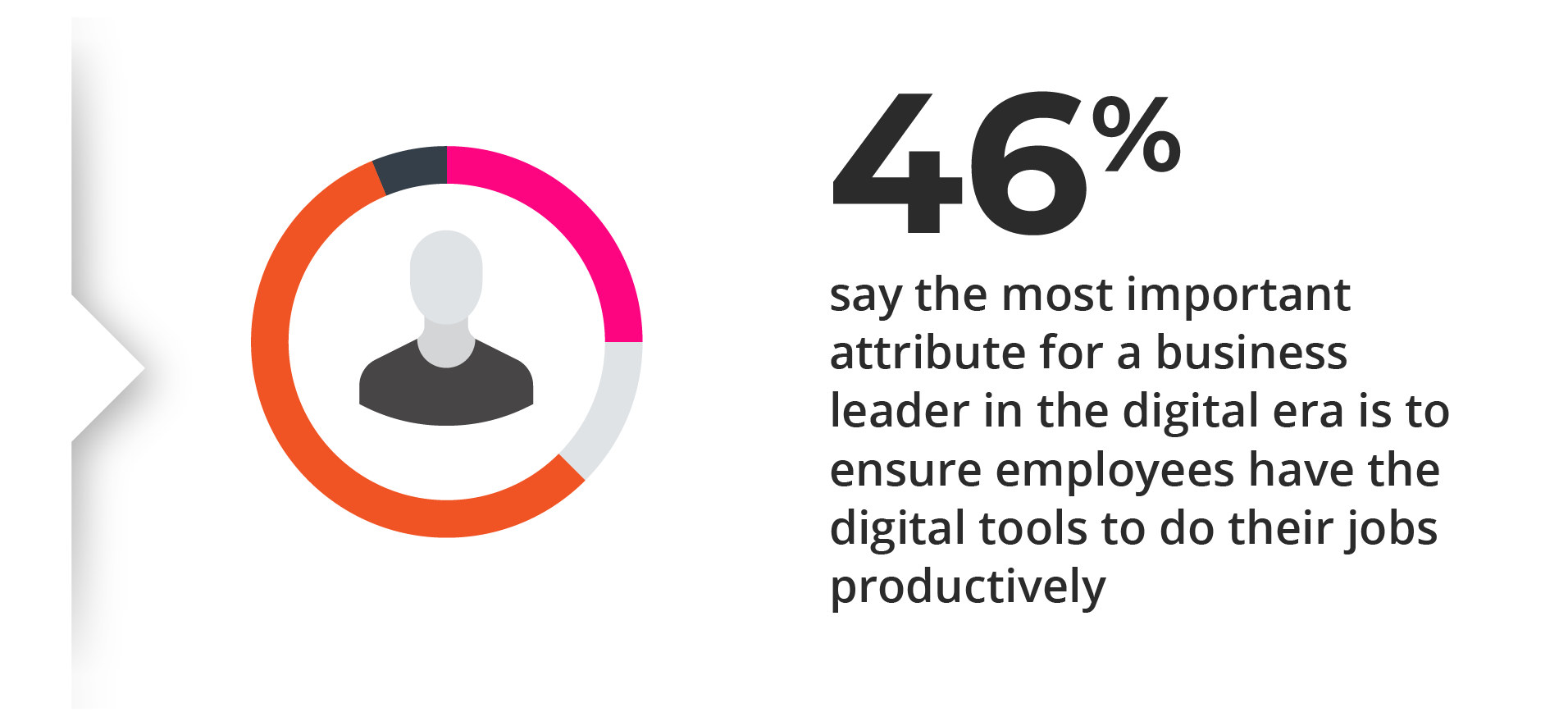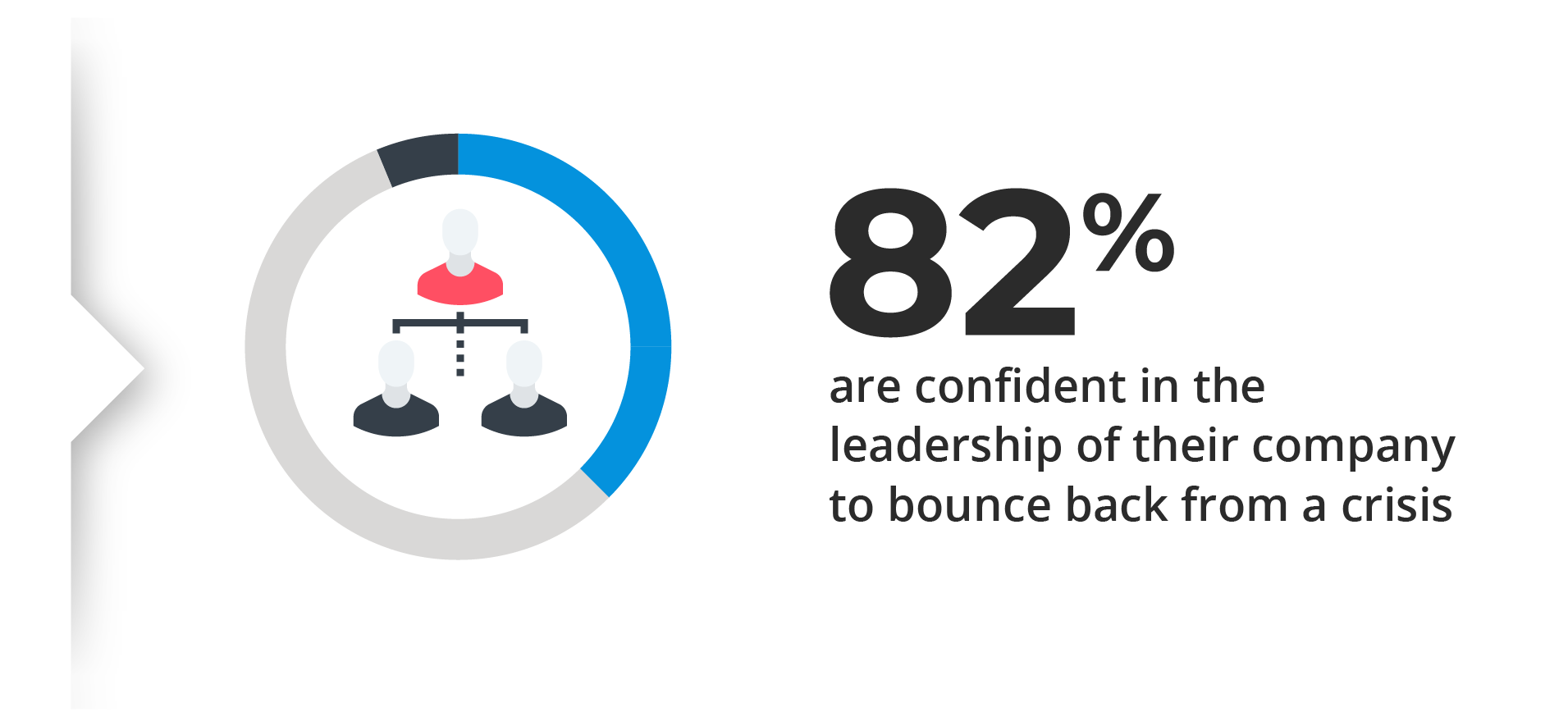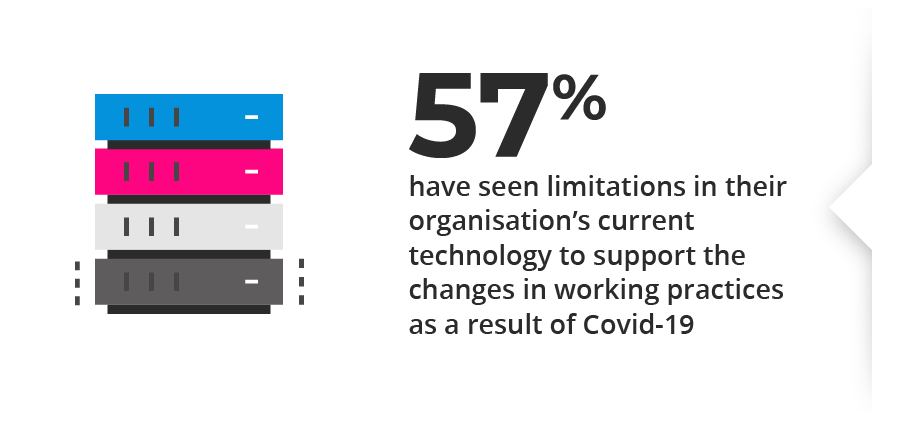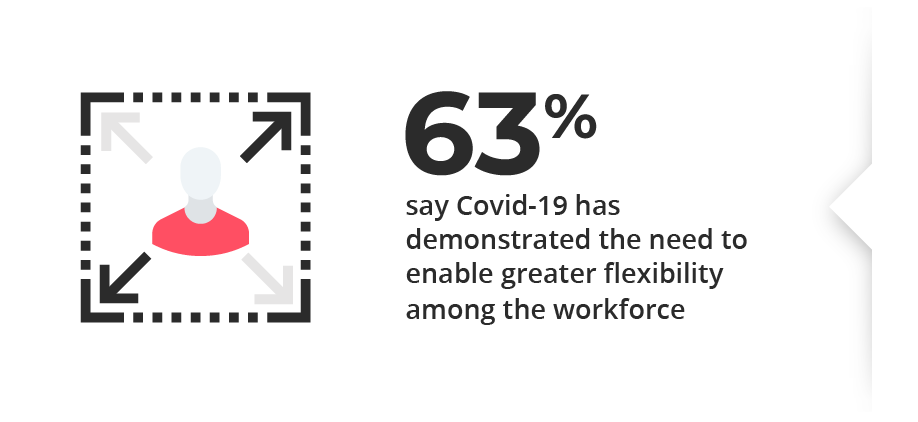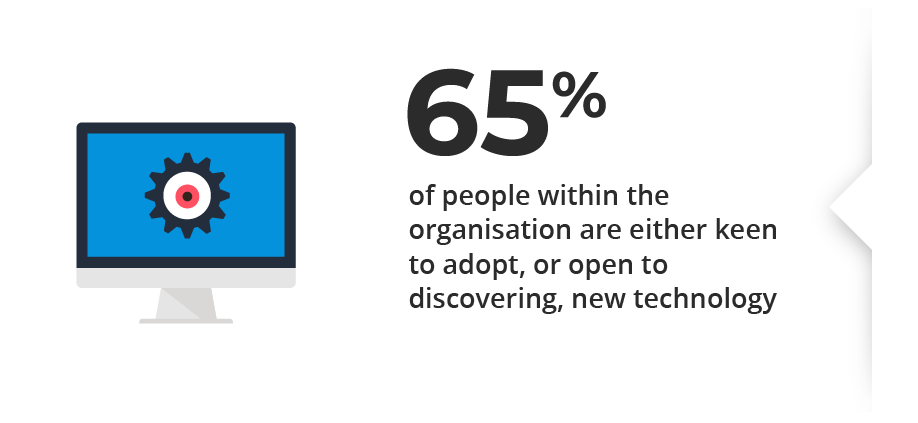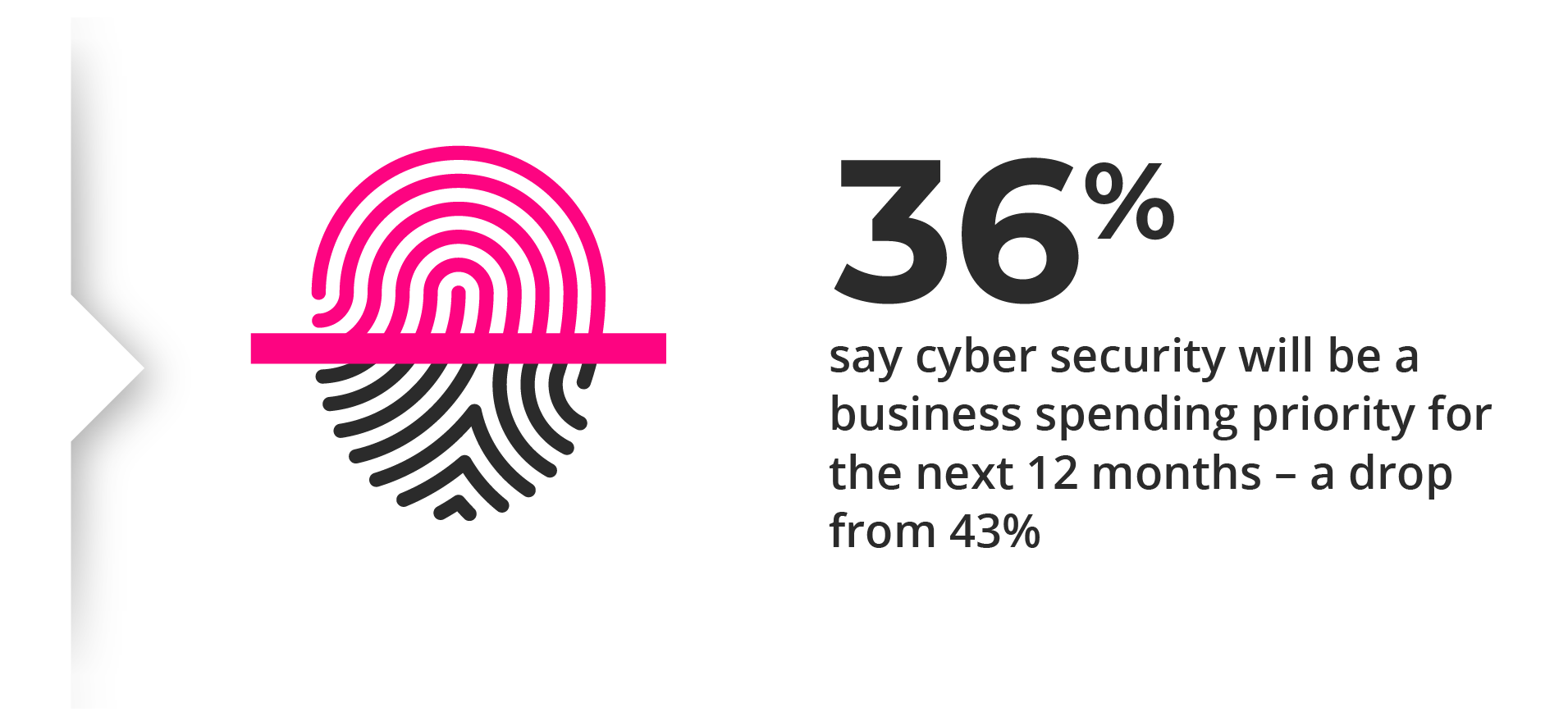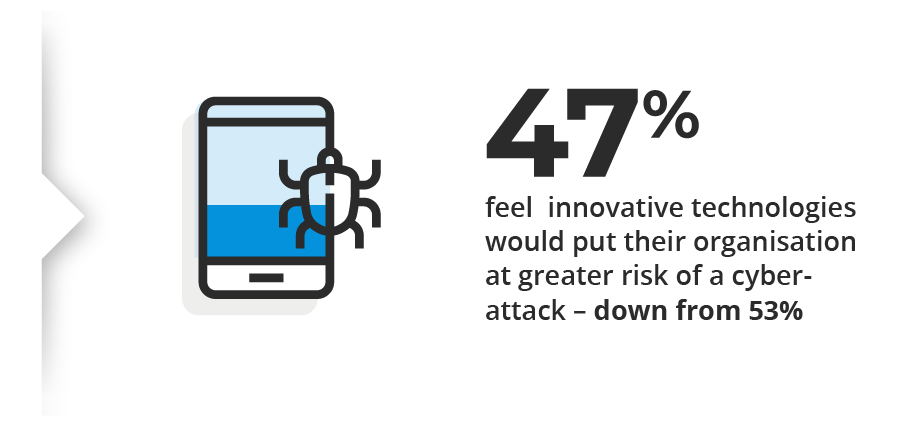Technology and its role in global economic recovery
Technology has become integral to most businesses for some time but the global pandemic has well and truly thrust it into the limelight. Organisations, both in the public and private sectors, have accelerated their adoption of technology to ensure they can continue serving their customers, and provide the tools their employees need to do their job.
What do you believe to be your business spending priorities for the next 12 months?

More than half (54%) of respondents say business survival during and post Covid-19 will be their spending priority for the next 12 months, on a par with prioritising Cloud software and other technology (59%).
This is followed by remote and flexible working, which at 42% is a reflection of the changing working practices brought on by the pandemic. Cloud software, which enables remote and flexible working, has been hugely successful in helping organisations continue to operate and forge effective new processes and initiatives during the pandemic.
How far do you agree with the following statement: "I feel that technology will play a major role in global economic recovery"?

We have already seen many organisations change their business models to adapt to the current situation. The impact of the pandemic has demonstrated the need for organisations to create more flexible, and responsive ways of working. They are also having to trust, support and empower employees in managing their competing priorities.
Technology is a key enabler for these new practices, and 98% of the business decision makers we spoke to believe it will play a major role in global economic recovery.
Do you think one of the legacies of Covid-19 will be for your organisation to accelerate the shift to a digital-first mindset?
While we can’t predict when the pandemic will be over, we do know it will leave many lasting and complex legacies.
More than three quarters (77%) of our survey respondents say one of these legacies will be for their organisation to accelerate the shift to a digital-first mindset. Interestingly, this figure increases to 90% for the digitally native 18-24 year olds who have always used technology.
Overnight, many organisations have been forced to implement digital business processes in favour of traditional ones. Now, many businesses are looking to build further on this investment in technology.
TAKEAWAY: Looking forward to business recovery, are you keeping up with the latest technology trends enough, and have you identified which digital tools could support your future success?


